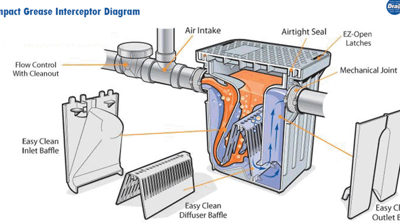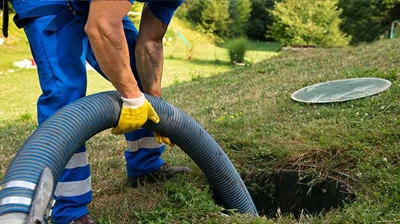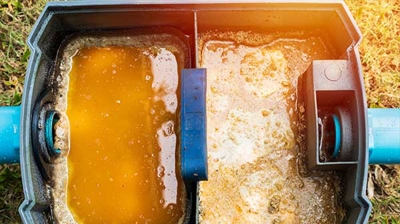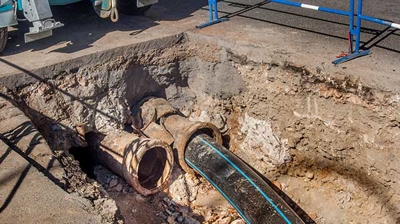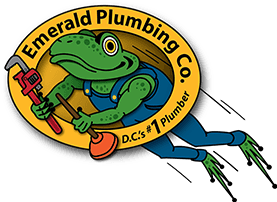
Washington, D.C. Water Line Plumbers
The main water line is what transports water from the main municipal supply into your commercial plumbing system. While the sewer line moves wastewater out, the main water line keeps everything fresh. It’s a vitally important part of your plumbing. Our Washington, D.C. water line plumbers can be counted on for reliable repair work, as well as trustworthy assessments as to whether replacement is needed.
Call Emerald Plumbing at (240) 345-9920 to get same-day scheduling and emergency service. Or reach out here online to set up an appointment.
The Signs Your Water Line Needs To Be Checked
There are some red flags that are common to plumbing repair generally. High water bills are often a tipoff that a leak is happening somewhere in the system. A long, slow drain can indicate clogs. It’s well possible that the problems triggering these warning signs are in the main water line.
Other indicators to watch for are these:
- Failing Water Pressure: Blockages, leaks, or corrosion within the line can restrict the flow of water, leading to decreased pressure. If you notice reduced water flow from faucets, showers, or other fixtures, call our office.
- Water Is Pooling Up: If you observe areas of standing water in your yard, especially when it hasn't rained recently, it could be a sign of a damaged water line. A leaking or broken water line underground can cause water to seep up through the soil, resulting in pooling or soggy spots in the yard.
- Those Pesky Critters: Unwanted critters, such as rodents or insects, are often attracted to sources of water. If you notice an increase in pest activity around your property, it may be an indication of a leaking or damaged water line.
- Contaminated Water: If the water coming out of your taps appears cloudy, rusty, or has an unpleasant odor, it could suggest contamination. This can occur if the water line is corroded, allowing impurities or sediments to enter the water supply.
What Causes Water Line Damage?
Water line damage can be caused by various factors, including:
- Age: Pipes degrade over time, especially those made of materials like galvanized steel or cast iron.
- Corrosion: Chemical reactions with water, particularly acidic or alkaline water, can cause pipes to corrode.
- Freezing and thawing: Cold temperatures can lead to pipes freezing and bursting.
- Tree roots: Roots can infiltrate pipes, causing blockages, cracks, or breaks.
- Physical damage: Construction work or accidental impacts can damage water lines.
- Ground shifting: Soil erosion or geological events can put pressure on pipes, leading to cracks or breaks.
- High water pressure: Excessive pressure can stress pipes, increasing the risk of leaks or bursts.
- Poor installation: Improper installation techniques or low-quality materials can contribute to damage.
Regular maintenance and prompt repairs are crucial to prevent water line issues.

Work With Emerald Plumbing Today!
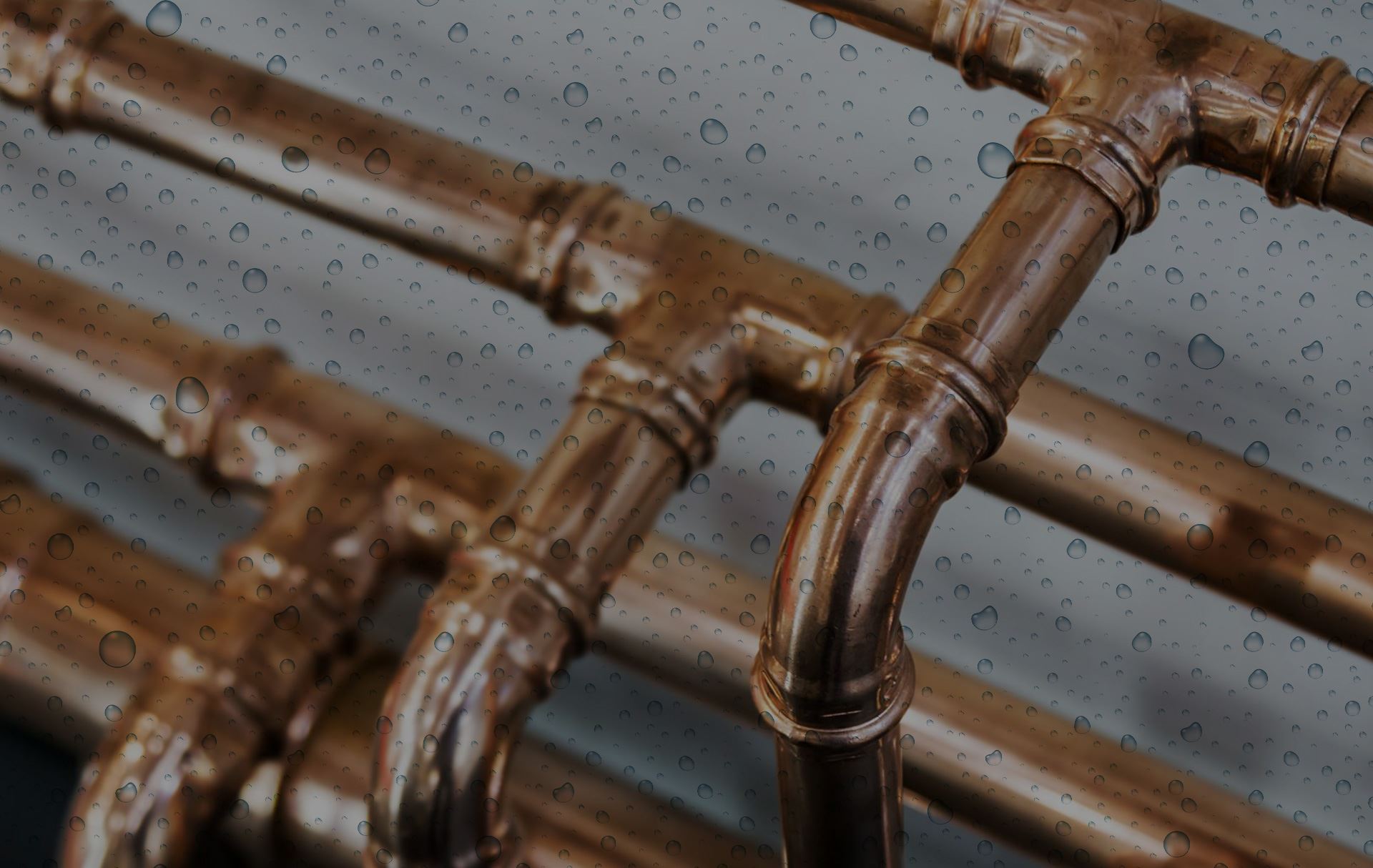

The Latest News
Recent Blog Posts
-
 Is Vinegar Safe for Septic Systems?Read More
Is Vinegar Safe for Septic Systems?Read More -
 Why Your Business Should Prioritize Regular Plumbing MaintenanceRead More
Why Your Business Should Prioritize Regular Plumbing MaintenanceRead More -
 Tips to Reduce Water Usage & Lower Your BillRead More
Tips to Reduce Water Usage & Lower Your BillRead More -
Smart Home Plumbing: Integrating Technology for Efficiency and ConvenienceRead More
-
 Tips for Keeping Your Pipes from Freezing in the WinterRead More
Tips for Keeping Your Pipes from Freezing in the WinterRead More -
 Grease Trap and Sewer Line CleaningRead More
Grease Trap and Sewer Line CleaningRead More -
 Grease Trap Replacement in North East, Maryland – Live VideoRead More
Grease Trap Replacement in North East, Maryland – Live VideoRead More -
 Guidelines For Maintaining Your Septic System – Anne Arundel County Department of HealthRead More
Guidelines For Maintaining Your Septic System – Anne Arundel County Department of HealthRead More -
 Charles County Maryland Septic System Reimbursement ProgramsRead More
Charles County Maryland Septic System Reimbursement ProgramsRead More -
 How Septic Systems WorkRead More
How Septic Systems WorkRead More -
 Why does my restaurant need a grease trap?Read More
Why does my restaurant need a grease trap?Read More -
 How to Identify a Sewer Line BreakRead More
How to Identify a Sewer Line BreakRead More


.2403120933550.jpg)

.2309061256550.jpg)

